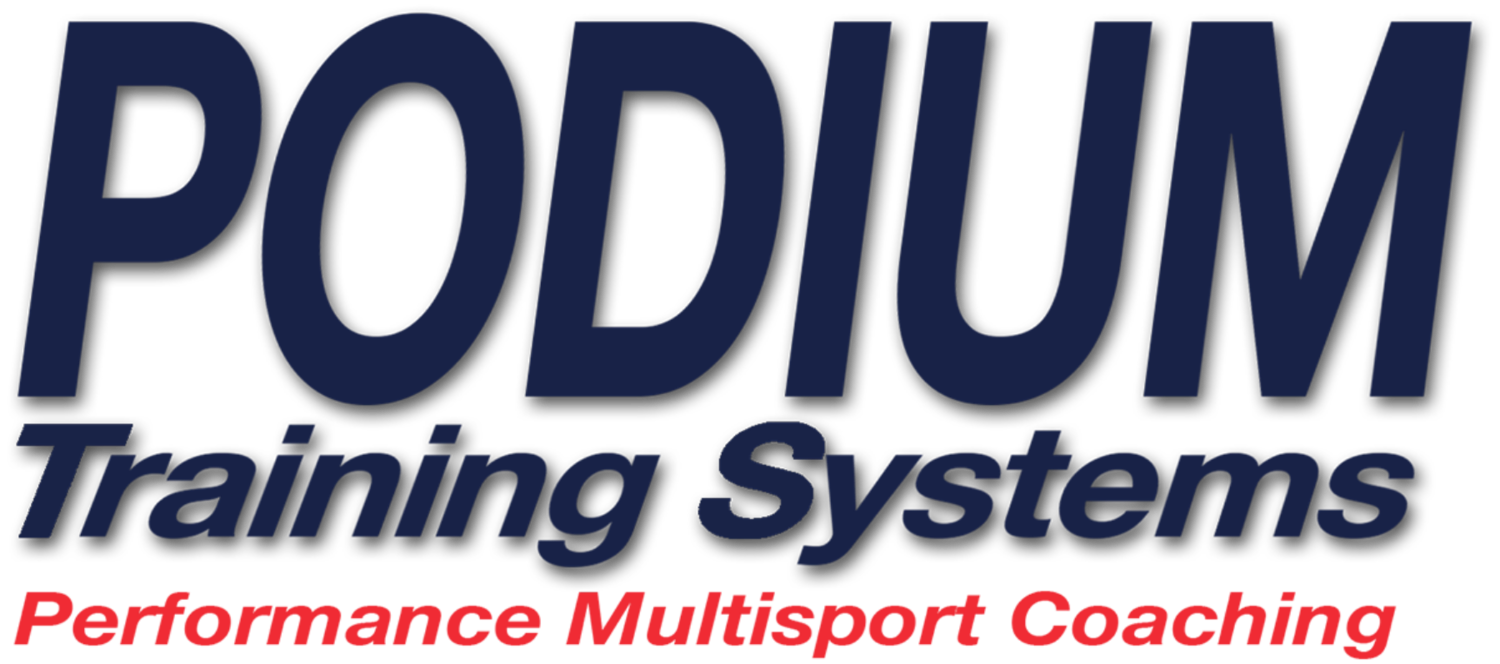Not long ago I was invited to speak to a triathlon club in
Manhattan. As a USA Triathlon coach, the goal was to address athletes – the majority being first-time
triathletes – and discuss training, planning, nutrition, and entertain some
Q&A at the end.
What fascinated me the most was that during the planning, training,
and race buildup and taper topics the questions were minimal. However, when we got to the nutrition section
of my presentation the questions were numerous and steady.
What kicked off the influx of questions? My comment: “triathlon is not a diet”. Most of the athletes in attendance were
accustomed to reading (in one of a myriad of magazines) about athletes “getting
lean” and achieving “race weight”. Now,
I’m guilty of this myself in years past – and said as much to those in
attendance. I’ve raced at too light a
weight in the past and paid for it on the run.
What I stressed is that you need to fuel your body. You can’t cut carbs. You have to eat not only to fuel your body,
but also to replenish the fuel you’ve used and replace glycogen and calories
that your body has burned and needs to replenish its energy stores and allow
you to recover properly.
It was a great discussion.
And I think the point was made that in order to perform at your highest
possible level, and reduce the rise of hurting yourself, proper nutrition is
key.
Not long after I was chatting with a prospective athlete. He was interested in engaging in one-on-one
coaching and had some specific goals he wanted to achieve. At one point in the conversation he explained
how he was cutting out carbs from his diet in order to get into race-fit
shape. I asked him why, and the response
was typical. “I need to get lean for the
season.” I explained that if he
dutifully did the workouts that I would be prescribing, that he’d be burning
calories and adding lean muscle mass over time.
I then proceeded to tell him that, on the flip-side of the coin, running
five or six miles in the morning doesn’t require a carbo-load the night before
or eating a huge breakfast afterward.
Nominal workouts of an hour or so don’t require you to eat a bunch of
race nutrition (gels, bars, etc.) before or after either. It is the higher
intensity and/or longer workouts that require that type of nutrition as well as
pre/post training fuel.
The other interesting factoid that I used for both the beginner
triathletes as well as the individual I just mentioned was, depending on the
individual, it “could” be possible to gain weight by the end of the
season. People often forget that muscle weighs
more than fat. And by adding lean muscle
mass, while losing fat, you could very well gain a few pounds yet look fit and
healthy.
Now, I’m not a doctor or nutritionist. But I do know what proper fueling during a
properly periodized triathlon training program should look like. It still amazes me to hear people talk about
dieting during the last month of their training as they prepare for the target,
or “A”, race in order to lose a few pounds.
They’re doing nothing but jeopardizing their chances for success.
Don't be afraid of the scale! Trust in your coach. Trust in
the training he or she prescribes.
